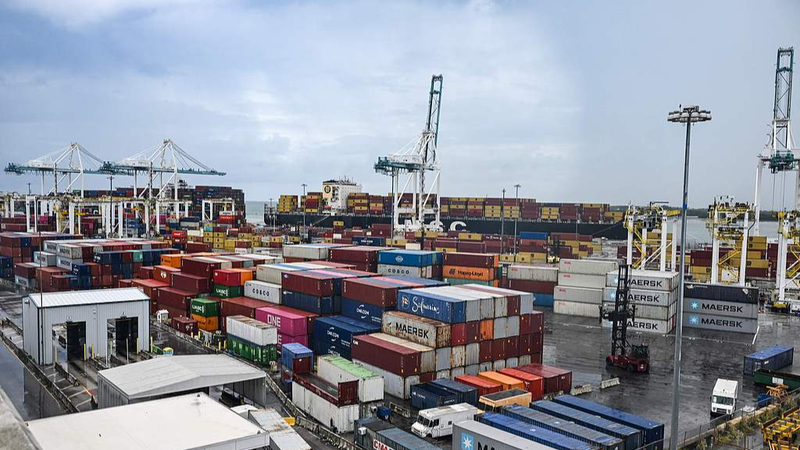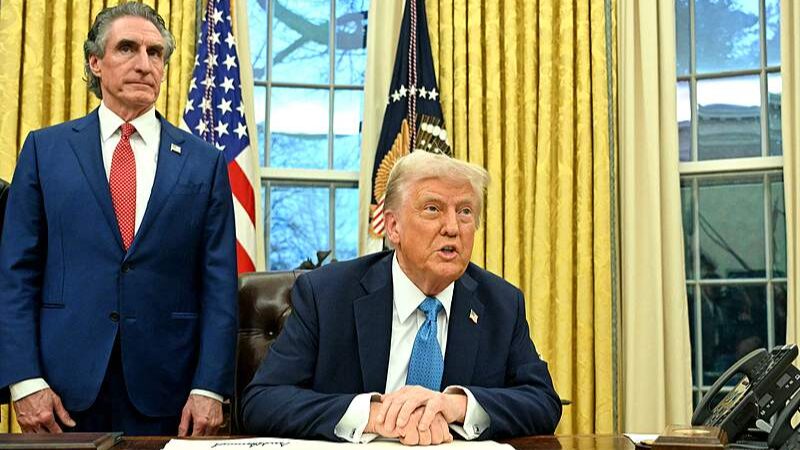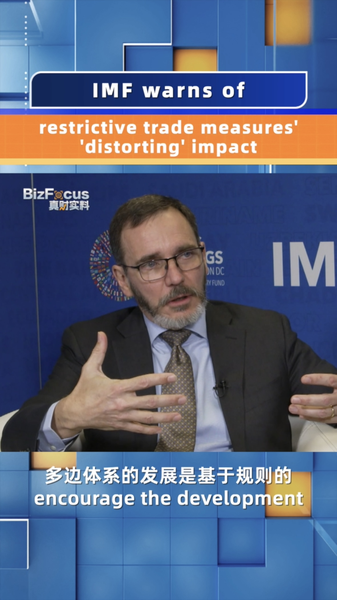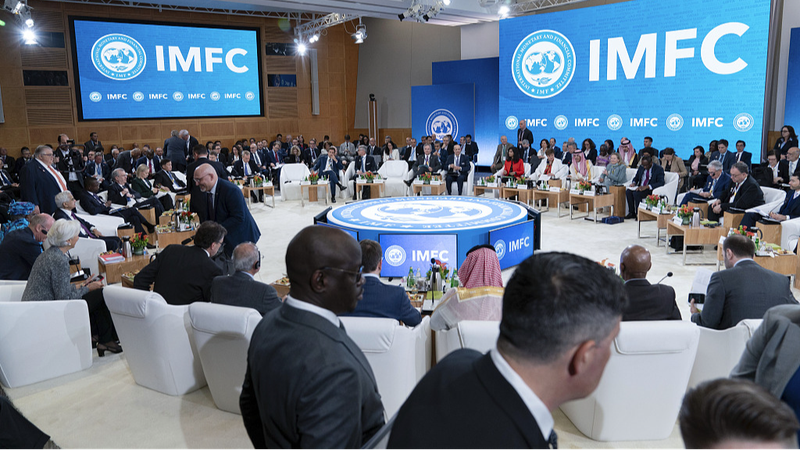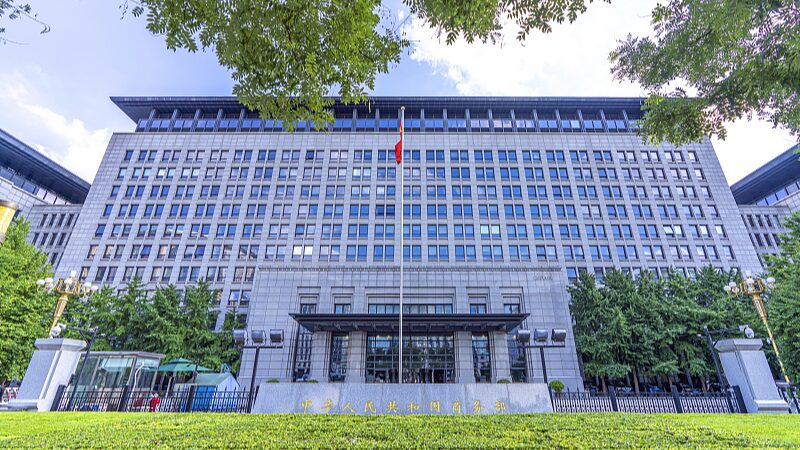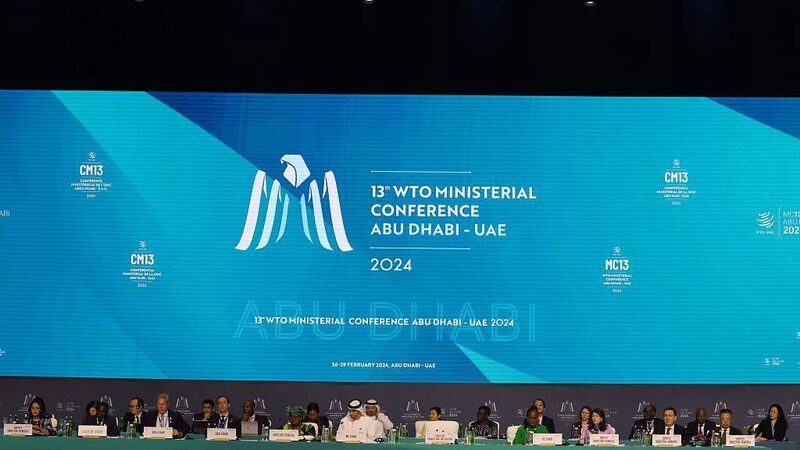New US Tariffs Spark International Backlash
The United States implemented sweeping tariffs ranging from 10% to 50% on imports from over 90 countries this week, drawing sharp criticism from global trading partners. Brazil filed a formal WTO consultation request after facing a 50% duty, with President Lula da Silva calling the move "unacceptable blackmail." India faces similar tariffs later this month unless negotiations succeed, prompting Prime Minister Modi to vow protection for farmers’ interests.
Mixed Outcomes for Key Economies
While Switzerland warned of a "horror scenario" for exporters under 39% tariffs, the EU and Japan secured exemptions through concessions. The EU agreed to invest $600 billion in the US and purchase $750 billion in American energy, while Japan accepted higher auto tariffs alongside $550 billion in US investments.
China-US Talks Show Fragile Progress
Recent discussions between Chinese and US officials in Stockholm aimed to extend a 90-day tariff pause. China’s July exports rose 8% year-on-year, demonstrating resilience amid trade uncertainties.
IMF Sounds Alarm on Economic Fallout
The International Monetary Fund warned that US tariffs risk reducing global demand, disrupting supply chains, and fueling inflation. A Yale University study revealed US effective tariff rates have reached 1934 levels, costing households an estimated $2,400 annually. Analysts like He Weiwen note the measures may accelerate non-US trade alliances.
Reference(s):
cgtn.com
